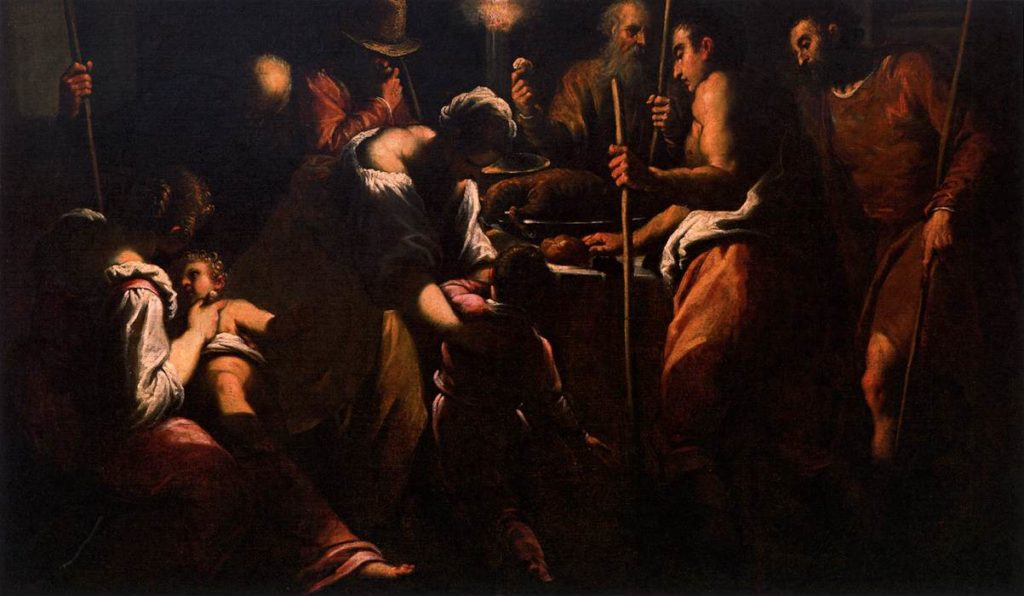The return of our “Alleluia” is just days away.
Outside Lent, it’s sung or recited before the Gospel at Mass. But then it goes away for our 40 days of fasting.
It’s just a single word, and it’s so commonly used that we hardly notice it. But it is significant because the Jews of Jesus’ time associated the word primarily with the great feast of Passover — the time each year when they renewed their ancient covenant with God.
The early Church so valued the word that it was left untranslated in biblical and liturgical texts (see Revelation 19:1–6). Like the Hebrew “Amen,” it was considered sacred for what it expressed. Alleluia (or hallelujah) means, literally, “Praise the Lord!” It represents the dominant theme of a group of the Psalms (113–118) that are distinctive for the effusive honor they give to the Almighty for his deeds of creation and redemption. They are collectively called the Hallel, which is Hebrew for “praise.”
On Passover, these festive biblical hymns were sung at table during the seder meal. The ritual divided them into two groupings, one long (the Great Hallel) and the other relatively short (the Little Hallel).
According to the Mishnah, there was, in the first century, a dispute over which Psalms should constitute these groupings. The school of the rabbi Shammai prescribed Psalm 113 alone as the Little Hallel, but the school of the rabbi Hillel paired 113 with 114. We do not know which grouping was favored by Jesus and his disciples.
In any event, the Little Hallel was sung before the dinner began. The Great Hallel, the long sequence of Psalms 115 through 118, was sung with the Fourth Cup. This is the “hymn” that Jesus and the 11 sang as they left the upper room and walked to the Garden of Gethsemane.
The Catholic Church, in its meal of covenant renewal, sometimes employs one or another of the Hallel Psalms as a reading. But it preserves the spirit of these Passover songs in the Alleluia recited or sung before the Gospel.
In Lent, the Church suppresses the Alleluia. Why? Because Lent is a season of preparation for the Christian Passover: Easter. When Catholics (in the West especially) turn the calendar page from Lent to Easter, the word Alleluia does not merely return to its normal place before the Gospel; rather, it saturates the prayers of the Mass for the entire 50-day Easter Season. For Christians, as for the Jews of Jesus’ time — and Jesus himself — Alleluia is the phrase most characteristic of the Passover. In the words beloved by St. Pope John Paul II: “We are an Easter people, and [therefore] alleluia is our song.”
This issue of Angelus appears on Good Friday, when our Alleluia is so close we can almost taste it. When we sing it this Easter Season, let’s sing it with gusto.

